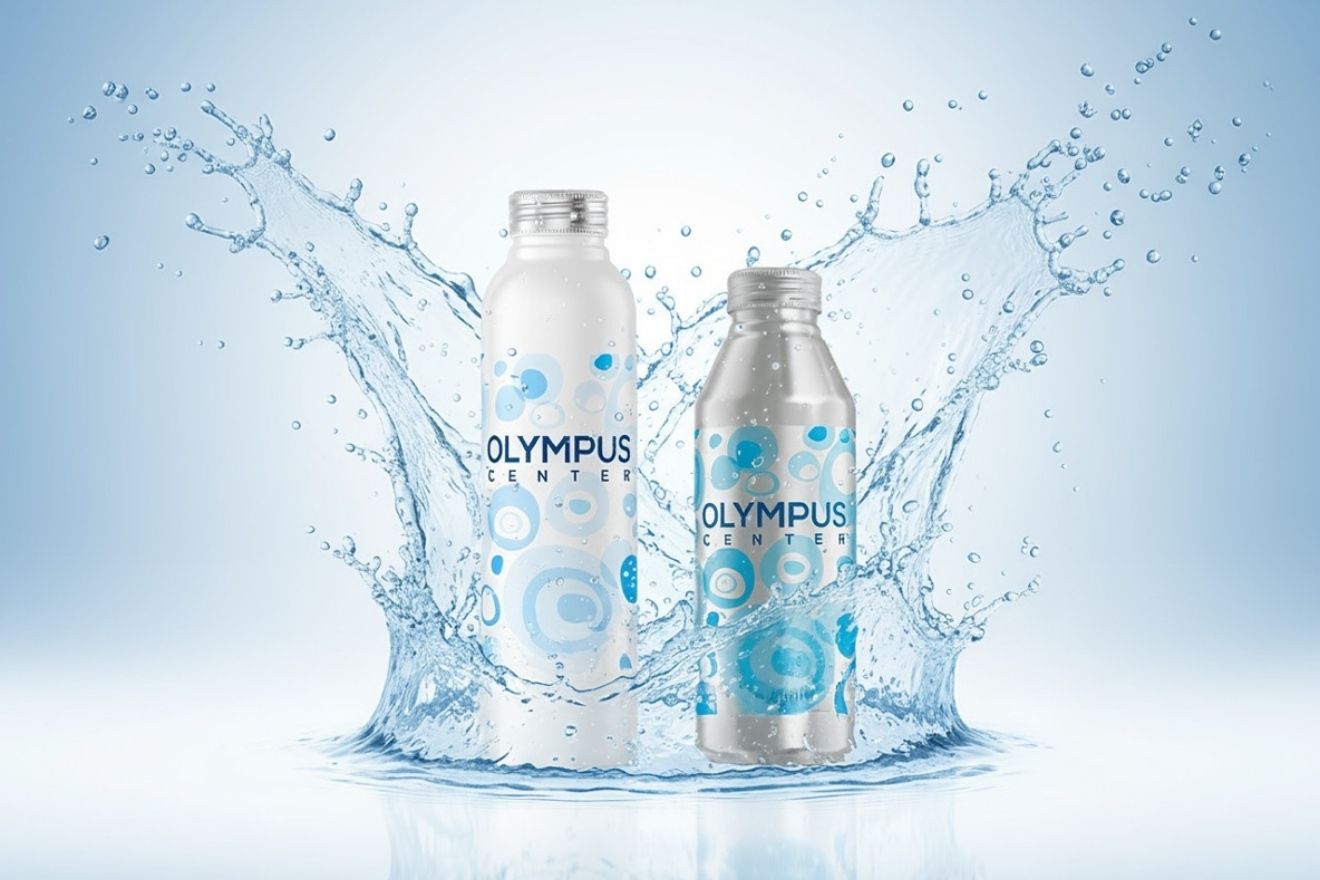How To Stay Hydrated


Have you ever wondered how long a person can survive without water? The answer is not that long. Not drinking enough water can negatively affect your health even after just one day. Two-thirds of our bodies are made up of water and so any slight dehydration can bring some noticeable health changes.
Some of the negative effects of not taking enough fluids include high body temperatures, chemical imbalance, constipation and digestive problems, muscle mass reduction, stomach ulcers, joint pains, and many more. To avoid all these negative effects of dehydration, we should learn how to consume water regularly.
10 EASY (AND HEALTHY) TIPS TO STAY HYDRATED
1. AVOID ALCOHOL AND LIMIT SOFT DRINK CONSUMPTION
Alcoholic fluids function as a diuretic in our bodies which can result in dehydration and a loss of important minerals such as zinc, calcium, magnesium, and potassium. Non-alcoholic but high-carbonated drinks such as sodas on the other hand contain high amounts of sugar. For a healthier and hydrating alternative, try adding fresh fruit or herbs to your water for a refreshing change.
2. AVOID STRENUOUS EXERCISE AND PHYSICAL ACTIVITIES ON HOT DAYS
If that is impossible, drink plenty of water to compensate. This is especially important for the very young and the very old, whose bodies have a difficult time regulating heat. It is also easy to become dehydrated while swimming when the weather is hot because we may be unaware of the heat.
3. WEAR LOOSE CLOTHING
Tight clothing holds in the heat and can raise the body temperature. Dark colors attract heat and make you sweat more, eliminating the necessary minerals your body needs to combat the heat.
4. DRINK WATER MORE OFTEN
Water is still the best option to stay hydrated. Health experts recommend drinking at least 8 glasses a day to achieve the desired hydration level the body needs.
5. EAT YOUR SOUP
Taking in soup with your meals is also one of the best options to keep the fluids coming. A regular serving of soup contains a good amount of fluid substances that are helpful in keeping your body hydrated.
6. EAT FRUITS
Eating fruits is also a popular way of regulating your water intake. Sweet, juicy, and bursting with flavor, fruits containing high amount of liquids such as apples, watermelons, pineapples, and strawberries are the ideal choices in keeping you stay hydrated.
7. FROZEN FRUITS
Craving for some popsicles without the sugar-filled guilt? Tiny, bite-size frozen fruits are another way of eating fruits with a twist (and a good source of hydration). Some classic flavors include watermelon, strawberries, oranges, and kiwis.
8. DRINK SMOOTHIES
Another healthier (and tastier) way of staying hydrated is through drinking fruit and vegetable smoothies. These thick and creamy beverages are rich in vitamins and nutrients that fill you with refreshing energy with every sip.
9. DRINK COCONUT WATER
Bursting with a powerful punch of electrolytes and minerals, coconut water not only refreshes you with its sweet taste, it also gives your body the right amount of hydration to take on the hot and sweltering weather.
10. EATING HAMBURGERS & CHICKEN BREASTS
No, you’re not reading this wrong. Aside from being a staple in almost every household for their juicy flavor, hamburgers and chicken breasts are also good sources of water. With meat containing as much as 60% of water, this option is perfect for both meat-lovers and hydration enthusiasts.
SIGNS OF DEHYDRATION
Act as fast when such signs come by. Some of the signs are nausea, dizziness, headaches, and fatigue. Most of the time, people only look for the obvious indicators of being dehydrated such as having yellow urine or just feeling thirsty. Although those are accurate ways to know if you need to hydrate, you must still check for these less tell-tale signs of dehydration.
IMPORTANCE OF ADEQUATE HYDRATION
1. KEEPS YOUR BODY COOL
Staying hydrated not only regulates your body fluids, it also cools your body by helping release heat that expands blood vessels close to the skin’s surface.
2. YOUR MUSCLES AND JOINTS WORK BETTER
Proper muscle functioning and joint lubrication can be achieved by taking in enough water regularly. You might at one time experienced cramps in your calf muscles, causing unbearable pain and discomfort every night during sleep. For this, the reason can be either muscle fatigue or extreme dehydration. All these can be prevented by staying hydrated.
3. HELPS REDUCE HIGH BLOOD PRESSURE
As we know, our bodies are composed of 70% water. When you are well-hydrated, your blood vessels can move easily, allowing your body to transport blood throughout your system. Sufficient water intake also helps to prevent heart-related disorders and keeps the blood pressure in check.
4. HELPS REDUCE DIGESTIVE PROBLEMS
Enough water in the body helps in eliminating toxins and lessens the possibilities of some stomach disorders such as ulcers, acid, and gas. Water is also considered the best alternative to digestive-related problems.
THE VERDICT
Get in the routine of drinking more fluids, especially cool and clean water. Have the habit of bringing a bottled water with you to hydrate yourself from time to time. Also keep track of what you consume. Your life could depend on it. This is a vital, healthy living information every one of us can use.



.jpg)


